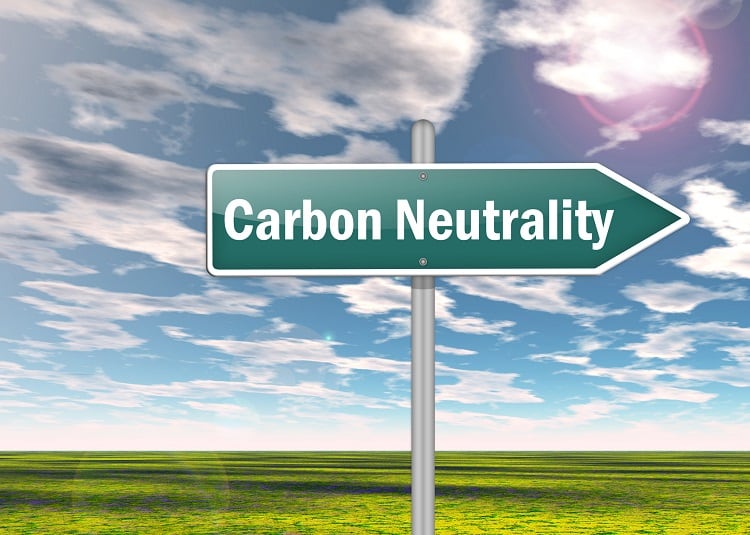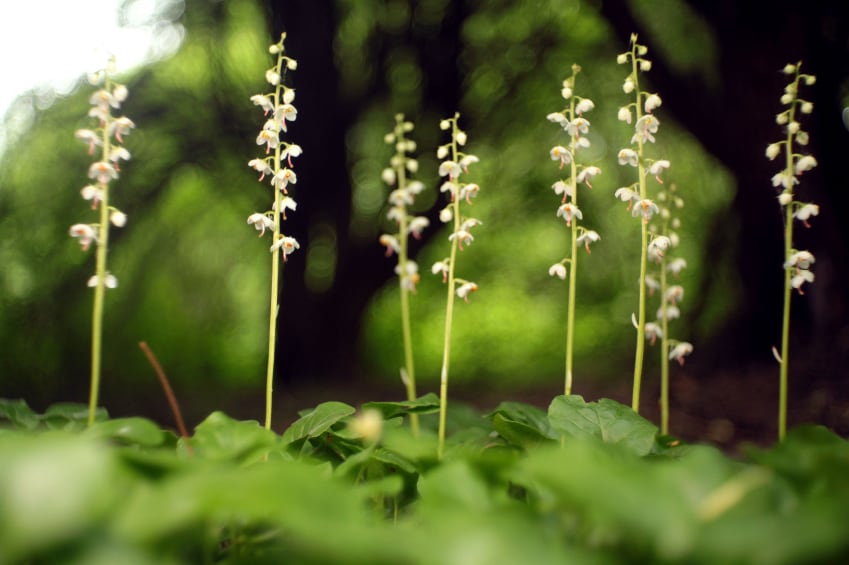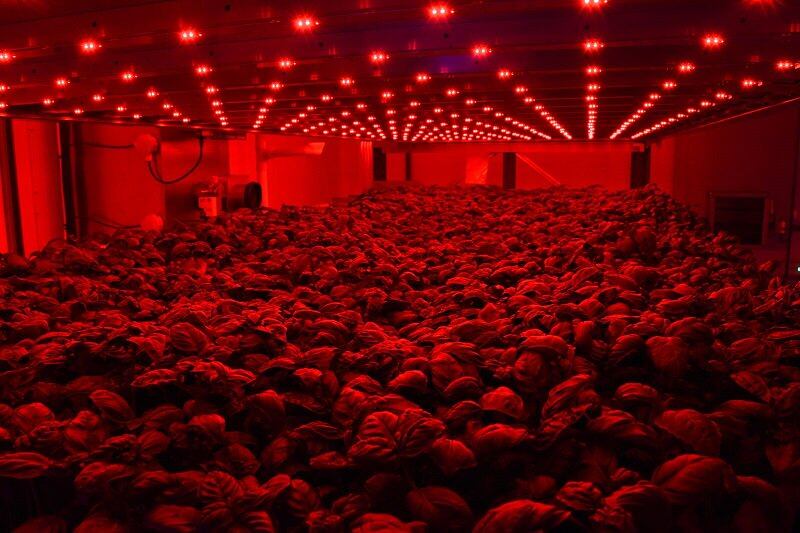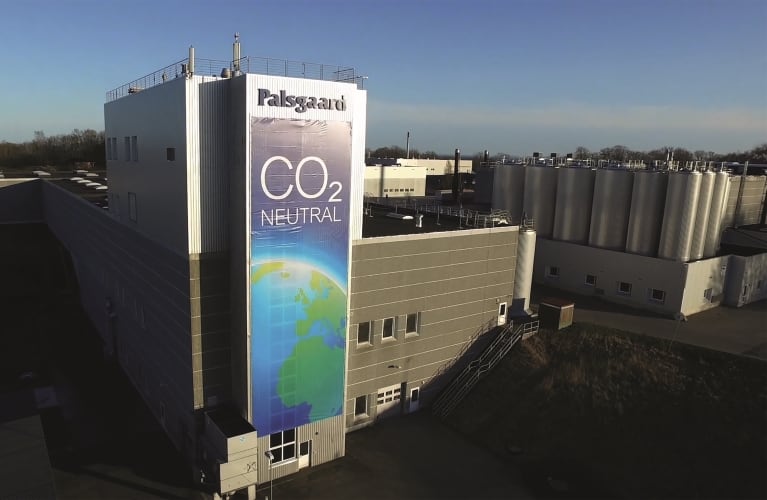Danone’s Wexford site produces well-known baby formula brands Aptamil, Cow & Gate, and Nutrilon for consumers in 41 countries around the world.
In 2010, the company took steps to curb the site’s carbon emissions, in an effort to achieve carbon neutrality. Ten years on, and the dairy giant has announced the facility is to be certified carbon neutral by climate change and sustainability consultancy the Carbon Trust.
Cutting carbon while doubling production
For Danone, the primary difficulty in achieving climate neutrality lay in its objective to simultaneously increase product output.
“The main aim and challenge for us was reducing our carbon footprint whilst also increasing production volumes,” global sustainability manager Paul Kennedy told FoodNavigator.
“To do so, we invested in renewable energy sources to improve the energy use of the plant while verifying our remaining CO₂ emissions, including indirect emissions, for example, employee travel and waste collection.”
Danone then offset those remaining emissions by purchasing Gold Standard Carbon credits from the Livelihoods fund, the sustainability chief explained.
“As a result, in Wexford we managed to successfully decouple our production site’s CO₂ emissions and productivity, which resulted in carbon neutral status in accordance with the PAS 2060 international standard, certified by the Carbon Trust.”
Sustainable manufacturing
At the Wexford site, which employs 350 people, Danone is leveraging five key strategies to produce its baby formula sustainably.
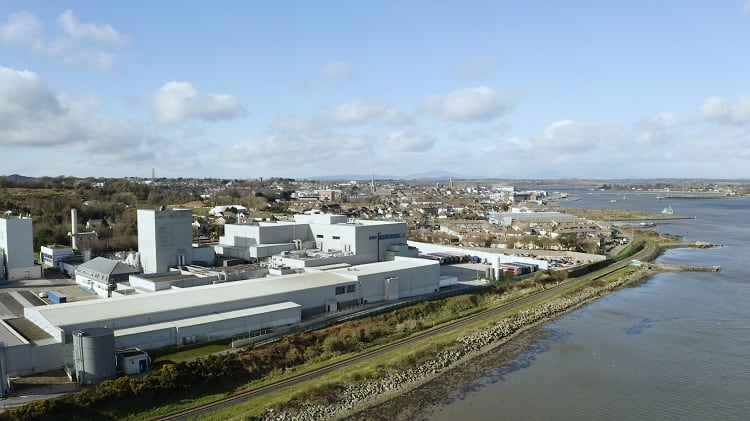
Firstly, the site is curbing carbon emissions. The facility sources 100% renewable electricity and uses a biomass boiler powered by sustainable wood fuels. According to the French major, this has resulted in a reduction of 10,000 tones of CO₂ compared the site’s 2010 emissions – representing a 70% reduction in its direct carbon footprint.
The business is implementing digital technologies for ‘efficiencies and sustainability performance’, which includes the development of a digital roadmap. This covers initiatives to become a paperless site, using drones for monitoring inventory, and new technologies for monitoring energy.
Danone has also achieved zero-waste to landfill, meaning that all waste from its production processes or packaging materials on-site is recovered.
Outside of the facility, the business is contributing to regenerative agriculture practices in Ireland through its membership of food and drink sustainability programme Origin Green. Danone said it is also committed to supporting the local economy: “The sustainable wood fuel powering the boiler is sourced from the local wood chipping industry, also delivering a positive economic impact in Wexford County.”
Biogas ambitions
Wexford is Danone’s second production site to be certified as carbon neutral after the company’s evian bottling site in France. This most recent certification marks another step towards realising Danone’s commitment to achieving zero net carbon emissions across its entire value chain by 2050.
“We hope to continue to certify more locations moving forward,” said Kennedy, adding that its ambition could be supported by increased uptake of biogas on the Green Isle.
“We are committed to sustainable manufacturing of our products and reducing the environmental impact of our operations. In Ireland we are leading an industry-collective calling for the establishing of a biogas industry as a renewable alternative to natural gas.
“Such supply of biogas would be instrumental in reducing the climate impact of, and decarbonising, our other baby formula production site in Macroom, Ireland, which currently relies on natural gas for its energy needs.”
Expanding carbon neutrality
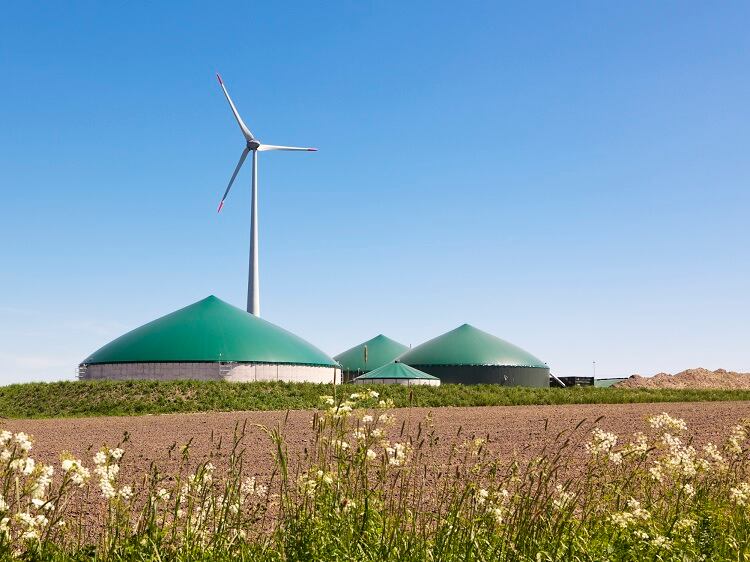
FoodNavigator asked Danone which elements of the Wexford site’s carbon neutrality efforts could be similarly applied to other sites across Europe.
“There are some elements from the Danone Wexford site that are already reflected at other locations,” Kennedy replied.
“Over the course of the last decade we’ve implemented the latest energy-efficiency and sustainable technologies at several of our sites to further accelerate climate action and protect and preserve the planet for future generations.”
For other sites in Europe to achieve carbon neutrality, Kennedy says some ‘fundamental elements’ need to be in place: “Primary excellence in Energy and Environmental management, and the application of internationally recognised standards (e.g. ISO50001 and ISO14001 respectively).”
Strong collaboration with partners in local ecosystems to develop local sources of renewable energy that are both socially and economically beneficial for all is also key, he continued. “This element was one of the most important factors for success in the Wexford journey and easily applicable to sites elsewhere in Europe.
“Specifically in Wexford, this involved establishing a sustainable biomass supply-chain from the local wood industry with our partners, but for others it could mean biogas from local agriculture waste or a shared heat network with neighbouring industries, for example.”


